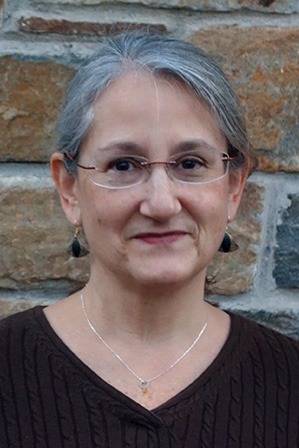There Is Life After
Letter from the Editor
BY SHAWN DORMAN

For almost everyone in the FS community, there will be life after the Foreign Service. Thanks to the “up-or-out” system, many diplomats start new and exciting avocations, and even careers, while still relatively young. In addition, the mandatory (legally binding) retirement age of 65 for the Foreign Service (younger for Diplomatic Security agents) means some FS professionals are required to move on while at the top of their game.
As a career that still comes with a pension after just 20 years of service, the Foreign Service puts members in an unusual—and, some might say, envious—position of “retiring” while still young enough to go out and do something else, with the freedom a guaranteed income delivers.
So, the world is your oyster: What do you do? Where do you go? How do you decide?
Our focus on life after the Foreign Service begins with these questions. In “The Last Assignment: Moving into Retirement,” Donna Scaramastra Gorman presents strategies and ideas from those who have been there and made the moves.
One of the most popular post-FS employment opportunities is to come back to your agency to work in a different capacity, on short-term contracts (generally up to six months at a time—there is a cap on hours per year allowed). Some retired FSOs get to fill in as temporary ambassadors or in short-staffed embassy offices around the world.
FSO (ret.) and former Director of the State Retirement Office John Naland walks us through returning to work for the government in “An Insider’s Guide to the Re-Employed Annuitant Program.” Pro tip: networking is the key.
Another possible, and potentially lucrative, employment avenue for retired FS employees involves “Working with the U.S. Military.” Ambassador (ret.) Larry Butler gives his experience and advice on connecting with a wide variety of opportunities from role-playing for military exercises and working on security force assistance programs, to speaking and writing for war colleges or combatant commands. Pro tip, once more: network, network, network.
Then there are those who take a hobby or passion and turn that into a paid gig. Ambassador (ret.) Charles Cecil shares such a journey in “Global Photography: From Hobby to Career.”
For most retiring FS members, the path from full-time employment to full retirement is gradual. USAID Health and Population Officer (ret.) Charles Llewellyn tells how he made his way doing short-term consulting jobs in “Setting Sail: Life after USAID.”
Next, we meet AFSA Counselor for Retirees Dolores Brown who provides a look at “AFSA Resources for Retirees”—from Next Stage programming to tailored content in the FSJ and AFSA newsletters and seminars online.
The Speaking Out this month is hard-hitting. In “On Our Own: Diplomats Deserve Equal Access to Reproductive Health Services,” USAID FSO Andrea Capellán presents an extension and expansion of the issues raised in a letter signed by 200-plus FSOs expressing concern about inadequate reproductive health care for FS women (see March Talking Points).
FS women are demanding change. Given that the piece includes criticism of the Bureau of Medical Services, we provided an advance copy to MED with an invitation to respond in the next FSJ.
This month’s feature is timely. “Boosting Space Diplomacy at State” from FSO David Epstein describes why space diplomacy matters and how State must build knowledge and expertise to work the issue in the interagency community.
In FS Heritage, Professor Michael Zirinsky tells the story of a “Lethal Encounter in Tehran: The Attack on U.S. Vice Consul Robert W. Imbrie and Its Aftermath” from a century ago.
In “One Foreign Service Family,” AFSA President Eric Rubin makes the case for more attention and care for local staff worldwide, from the day-to-day to times of crisis like the recent evacuations from Afghanistan and Ukraine.
We continue to follow the horrors of Russia’s war on Ukraine, wondering where and whether a diplomatic solution is possible amid such destruction.
Please keep in touch with AFSA and consider writing for the FSJ on Ukraine. Send your thoughts and pitches to us at journal@afsa.org.

